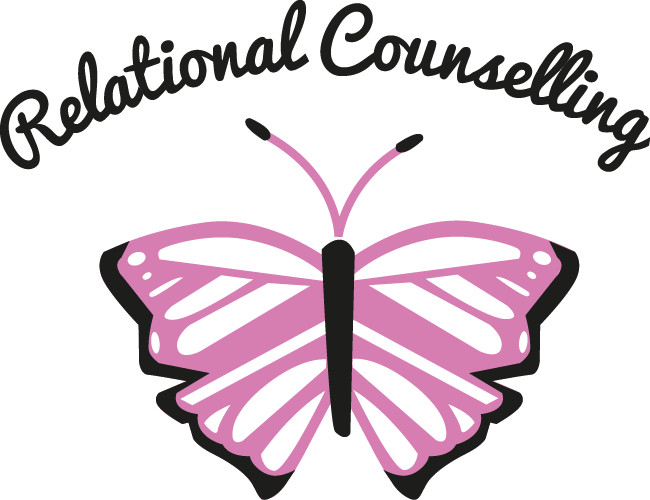The 5 ‘Languages’ Of Love
Love.
Something that may seem like a simple concept to many. But correctly giving and receiving love can be quite an elusive concept to grasp and conceptualise. You may think to yourself that you give love in the same way you would like to receive it. However, one persons idea of love is the culmination of a lifetimes worth of good and bad experiences. We are shaped by our childhoods and those that we grew up around, so then is our perception of love.
No two people experience life the same. Therefore, we all give and receive love in our own special and unique ways. While to figure out such a complex subject of love would be like receiving the answers to life; unfortunately, love is not that simple.
These pre perceived simplicities in such a complex topic lead to numerous misunderstandings and emotional distance. This can result in both partners putting their all into the relationship, only to find their efforts unreciprocated. The root cause of this may lie in the fact that each individual has a unique way of expressing and receiving love, or their "love language."
The 5 Love Languages
“Learning to express love in your spouses language”
Marriage Counsellor, Gary Chapman, delves into this intricate aspect of love in his book "The 5 Love Languages." He breaks down the concept of love into five main components, likening them to distinct languages. The purpose of this breakdown is to provide insight into the primary ways in which people commonly express affection and care. It's the notion that every individual is more receptive to a particular 'type' of love over others. By understanding these love languages and identifying what our partners need, we can foster a sense of being truly understood and cherished in our relationships.
Furthermore, comprehending our partner's love language allows us to address their emotional needs more effectively, fostering a deeper sense of connection and fulfilment. It also helps to dispel any feelings of inadequacy that may arise when we try to show love in ways that don't resonate as strongly with our partners. In essence, understanding and speaking our partner's love language can bridge the gap of miscommunication and emotional disconnect that often plagues relationships.
The 5 Languages are:
-
If Words of Affirmation are someone’s love language, this means that they express love mainly through verbal communication. This can be either compliments or words of encouragement.
-
For those whose love language is acts of service, love is best demonstrated through helpful deeds. This could be as simple as preparing a meal, doing the dishes, or running errands to ease your partner's burden.
-
If your partner's love language is quality time, undivided attention is the key to their heart. This means spending dedicated time together, engaging in meaningful conversations and activities that help develop an emotional connection with one another.
-
For some individuals, the act of giving and receiving gifts is their idea of love. For some, putting effort into selecting a gift that holds sentimental value shows their devotion to love. It shows that they understand their partner and chose a gift that reflects that understanding.
-
Physical touch is a love language that goes beyond intimacy. It encompasses holding hands, hugging, kissing, and any form of affectionate contact. For those whose primary love language is physical touch, these gestures are vital in conveying love, security, and emotional closeness.
What Is My Love Language?
You may be asking yourself “well that’s all well and good, but how would I even know mine and my partner’s love language”
Fear not! you and your partner can take a quiz here to find out what your primary love language is and work towards becoming a partnership that understand one another.
How Therapy Can Help:
Once you know your love language, the next step is to be able to communicate that effectively with your partner. It may not be enough to just say that “my love language is acts of service”, the other person may look at you in confused bewilderment wondering what that even means.
Psychotherapy equips us with effective communication skills that allow us to express our wants and desires in a way that is understood by those around us. By effectively communicating in a relationship, your bond is given the tools it needs to flourish.
Well what if you have taken the quiz, understand each other better and mastered communication, but there is past trauma caused by a previous misunderstanding between you and your partner? Therapy gives us the safe space we need to express these traumas in a controlled environment, facilitating personal growth and beginning the journey of a repaired and wholesome partnership.
- By Patrick


